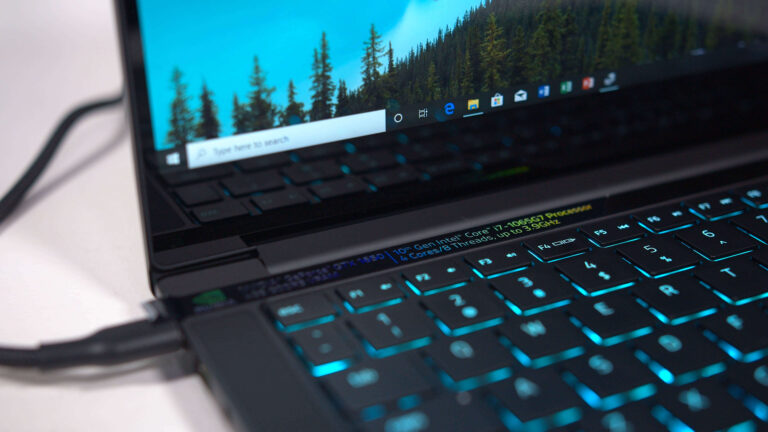
[ad_1]
PSA: Users running Linux on laptops with Intel processors should avoid Linux Kernel 5.19.12 due to an error that might physically harm the display. Fortunately, kernel 5.19.13 has already fixed the issue. Versions 6.0 and 6.1 have also begun rolling out with many significant changes.
Recent reports from Intel laptop users running Linux Kernel 5.19.12 describe “white flashing” on their screens. A Linux engineer found that the issue could ruin the LCD, urging users to immediately roll back to an earlier iteration. The critical flaw prompted developers to issue a quick update.
The problem appears to originate from a faulty Intel graphics driver, which Linux kernel engineer Ville Syrjäl describes as a bad panel power sequencing delay. Greg Kroah-Hartman, the developer who released 5.19.13, said that users should only upgrade to the new kernel if they’re experiencing this issue.
According to Tom’s Hardware, the problem affects any Intel-based laptop that directly wires the integrated display to the integrated graphics. All Nvidia Optimus laptops and possibly some Intel-Radeon combined notebooks could face this issue because they always let the iGPU control the screen, even when the dedicated GPU is rendering the graphics. Your laptop might be safe if you can disable Optimus mode.

Most Linux users likely have to wait until kernel 5.19.13 is available for their specific distro. The engineers examining the LCD problem didn’t say whether the newly-released kernels 6.0 and 6.1 also include fixes for the issue.
Released for most major distros this week, Linux Kernel 6.0 supports the newest hardware architectures, including Raptor Lake, Meteor Lake, Arc Alchemist, and RDNA 3. It also marks a start for the operating system’s entrance into Arm by introducing support for the Arm-based Qualcomm Snapdragon laptops. Furthermore, the new kernel fixes a vestigial 20-year-old workaround that slows down recent AMD processors.
Kernel 6.1 closes a significant Bluetooth security hole and makes the first steps towards supporting the Rust programming language, which Google uses to develop Android. Another addition is a new Error Detection and Correction (EDAC) driver that lets Intel systems decode hardware errors faster, though it’s unclear if that includes the LCD issue. The new EDAC driver error decoder is faster than the traditional firmware decoder but can still fall back to it if needed.
[ad_2]